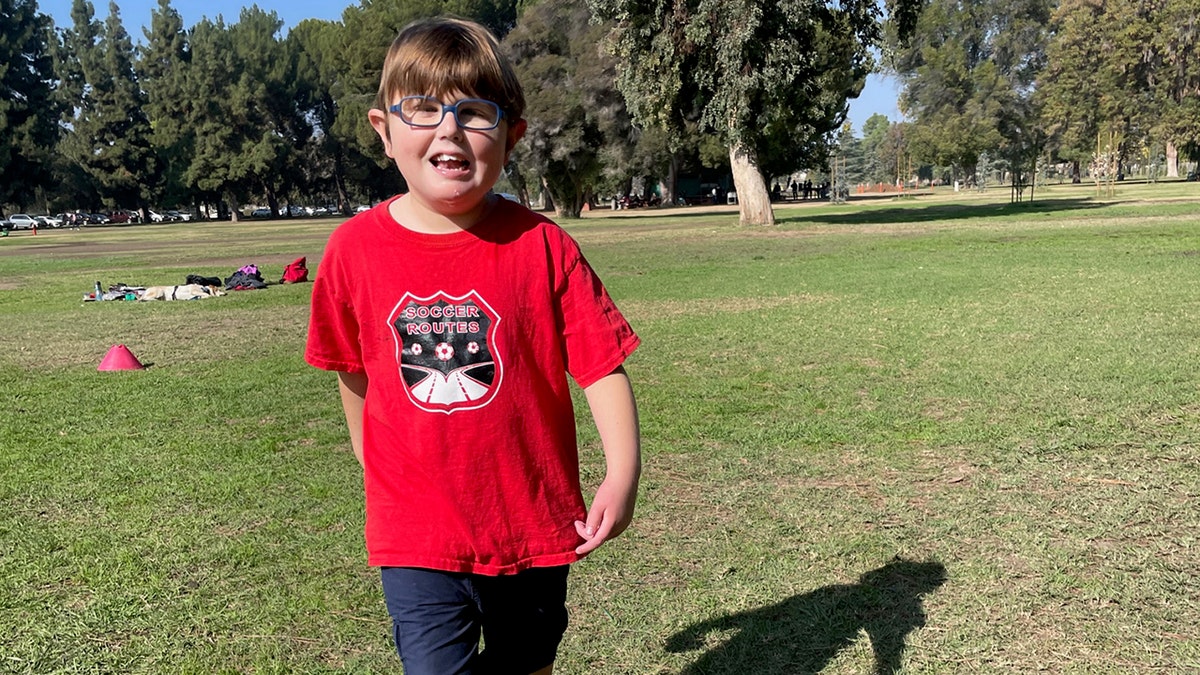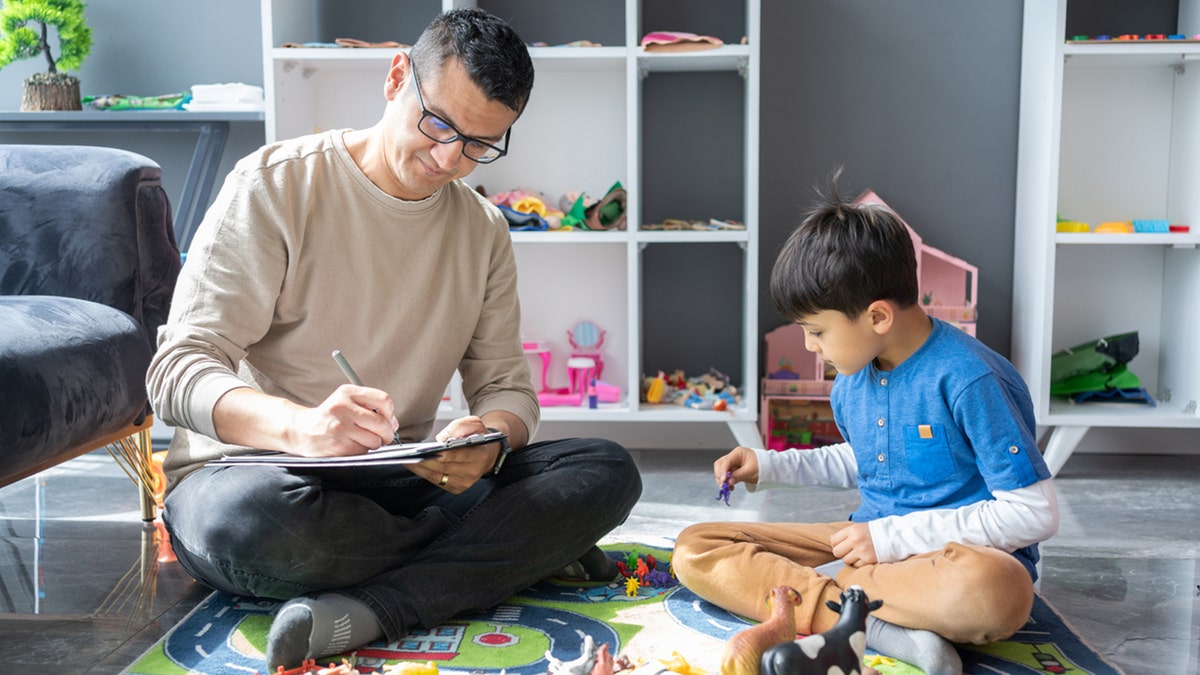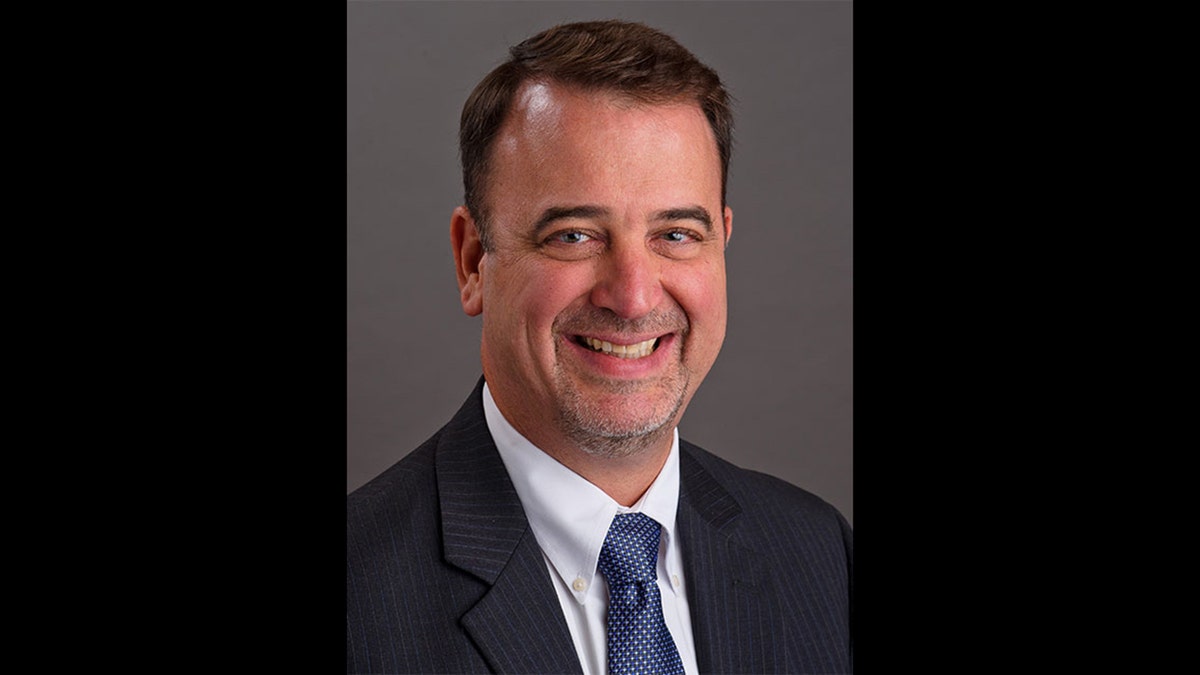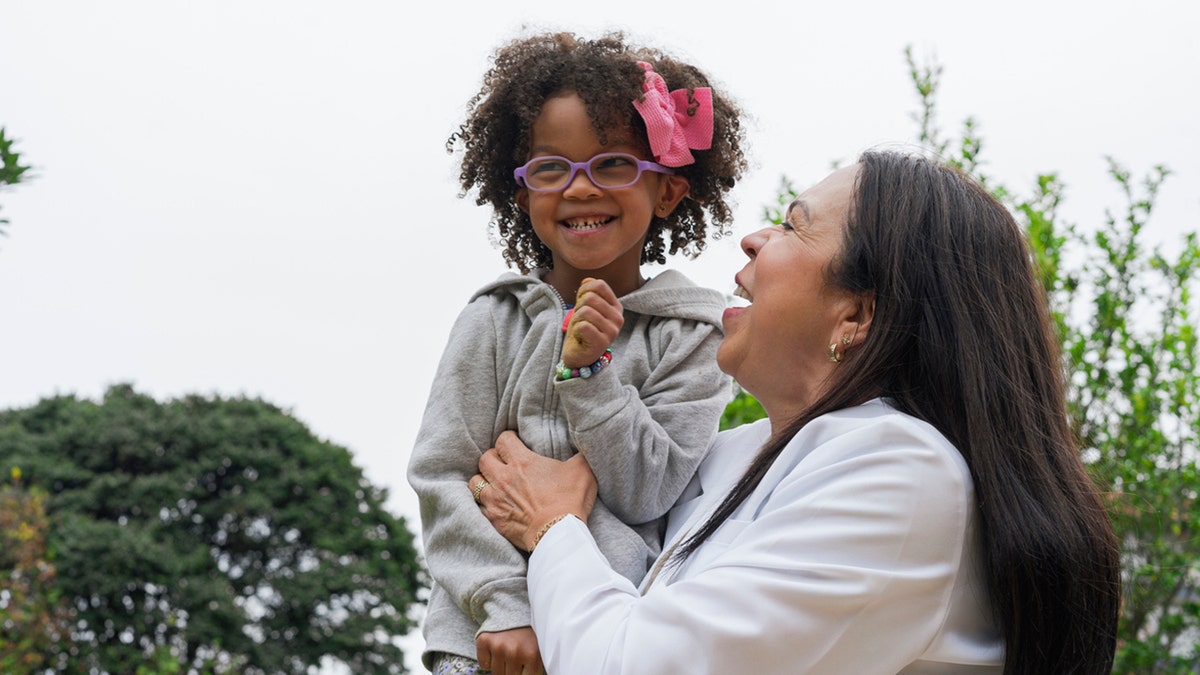Los Angeles mom says kids with autism don’t need ‘fixing,’ urges greater understanding amid spike in cases
A mom of a child with autism is assuring other parents that their autistic children “do not need to be fixed” — rather, they need to be better understood.
Kelley Coleman, author of the upcoming book, “Everything No One Tells You About Parenting a Disabled Child,” is encouraging other parents not to be afraid of seeking out diagnoses.
“All that will do is keep us from being able to enable our children to be the best version of themselves,” the Los Angeles-based mother of two said in an interview with Fox News Digital.
11-YEAR-OLD AUTISTIC PIANO PRODIGY GOES VIRAL AFTER $15,000 SURPRISE GIFT FROM TEACHER
Coleman’s comments come as documented cases of autism spectrum disorder (ASD) have been on the rise.
In the New York-New Jersey metropolitan area alone, diagnoses among children spiked nearly 500% between 2000 and 2016, according to a study done early this year at Rutgers University in New Jersey.
The study analyzed data from 8-year-olds, but the increase was prevalent across all races, genders and ethnicities, the study said.
CALIFORNIA MAN WITH SEVERE AUTISM BEATS RUBIK’S CUBE WORLD RECORD: ‘EXUBERANCE IN OUR HEARTS’
Coleman said her initial reaction to the Rutgers study was to forward it to “as many people” as possible.
“The prevalence of autism diagnosis and the incredible increase of diagnosis shouldn’t make parents fearful,” she said.

“It should make parents aware that this is a major event in the medical history of our children — something that is being taken seriously, is being brought to the underserved communities, and is assisting us in supporting our children — because we need to know how our children’s brains work and how they experience the world,” she said.
RESEARCHERS USE ARTIFICIAL INTELLIGENCE TO HELP DIAGNOSE AUTISM, STUDY SAYS
Rutgers’ research contradicts previous findings that ASD most frequently co-occurs with intellectual impairment, according to a press release from the university.
Older studies had suggested that up to 75% of children with autism also have an intellectual disability, said lead study author Josephine Shenouda, an adjunct professor at the Rutgers School of Public Health, in a statement.

“What our paper shows is that this assumption is not true,” she said.
“In this study, two in three children with autism had no intellectual disability whatsoever.”
“We are now accurately identifying individuals who were missed before.”
Shenouda believes that better testing and awareness factored into the spike in numbers, the press release also indicated.
AUTISM RATES IN KIDS ON THE RISE, ESPECIALLY AMONG MINORITIES: CDC
Dr. Stephen Kanne, director of the NewYork-Presbyterian Center for Autism and the Developing Brain, was not involved in the study but suggested in an email to Fox News Digital that the increase is primarily due to “changes in diagnostic criteria.”
“We are now accurately identifying individuals who were missed before,” he said.
There has been a “virtual explosion” of autism awareness recently, Kanne also noted.

“Generally, parents and caretakers are more educated on the early signs of autism and have more access to resources and testing,” he said.
Kanne said that the findings of this study “shed light on the incredible advances in the health care system surrounding diagnostic testing and access to care.”

He added, “For example, specifically at the Center for Autism and the Developing Brain at NewYork-Presbyterian, patients, families and caretakers can receive comprehensive evaluation, treatment, education and support that is customized to their individual needs.”
CLICK HERE TO SIGN UP FOR OUR HEALTH NEWSLETTER
While a 500% increase might seem like a large and “alarming” figure, Kanne noted that the 16-year study points to the advancement of testing in that time period.
“The good news is that early identification helps to provide effective treatment supporting critical gains that can be made and supporting the families as needed,” he said.

Highlighting the importance of support and knowledge, Coleman noted that parents of kids with autism should lean on their health care providers to answer any questions after a diagnosis.
“We are not trying to ‘therapy’ the autism out of a child,” she said. “That is not the goal.”
“The goal is to say, ‘Who is my child? How does their brain function and how can I support my child as their perfect, autistic self in functioning their best within the world?’”
The evidence of rising cases should not “lead to fear” in parents or the health care system, Coleman reiterated.
“We have information, and we need to better serve everyone, taking their neuro-type into account — not just looking at the majority of neuro-typical individuals.”
Her book is scheduled to be published in March 2024.
Read the full article Here


